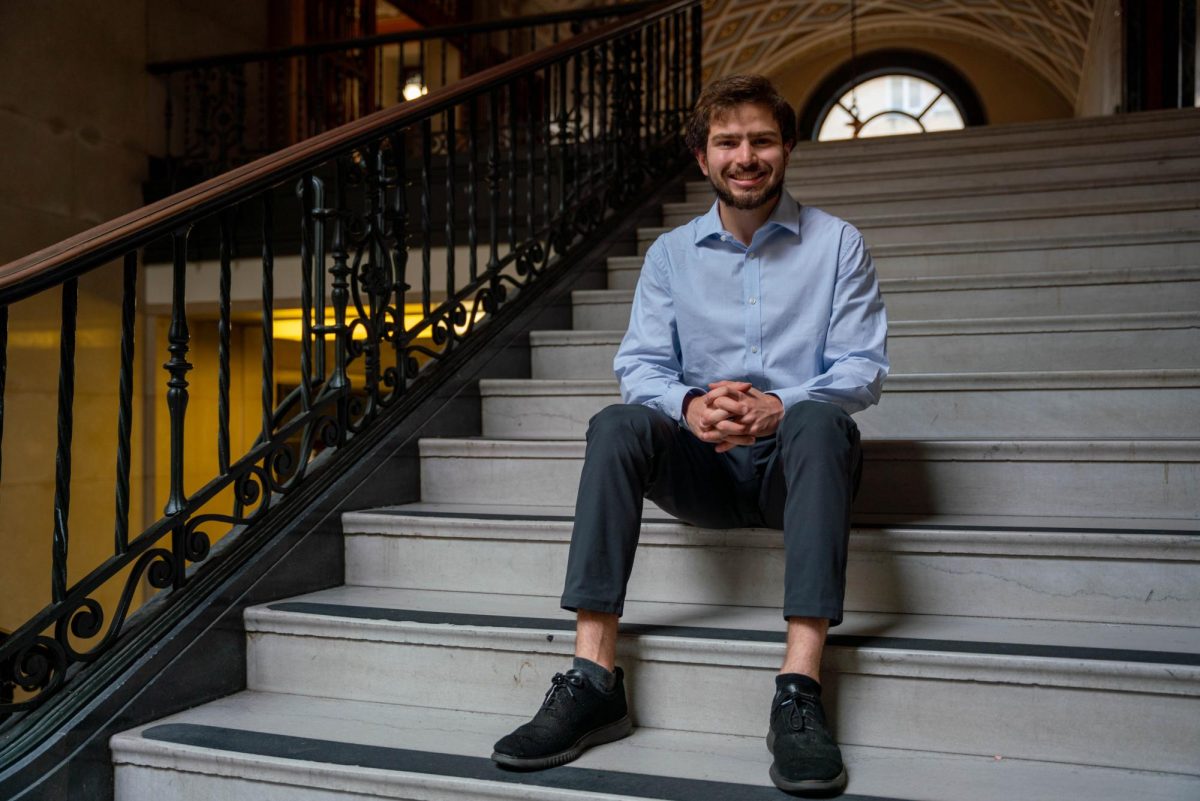By the year 2050, state officials expect Texas’ population to nearly double, so UT is embarking on its first grand initiative challenge to research the effects of population growth on the Texas environment.
The project, called Planet Texas 2050, is a Bridging Barriers initiative aimed at integrating a vast array of data from multiple UT colleges. Katherine Lieberknecht, assistant professor in the School of Architecture, said that after UT President Gregory Fenves introduced the program under Bridging Barriers, more than 120 theme proposals were submitted for the challenge, with Planet 2050 winning out. The project began in January and is projected to last eight years, with a new theme annually.
“Imagine Houston with 10 million people instead of 4.5 and imagine Austin with twice its population, with all its infrastructure issues it currently has,” Richard Corsi, architectural and environmental engineering professor, said. “Austin was already barely able to get out of the last drought, so imagine what would happen with double
the population.”
The project will infer realistic scenarios based on the integrated data about Texas’ future concerning water resources, energy resources and climate change, such as with Hurricane Harvey. Lieberknecht said these scenarios can then be used as a “toolbox” to help communities find solutions to local population and environmental issues over the coming decades.
“In our eyes, the only way to meet this challenge is an ‘all boots on the ground’ approach of integrating data and research questions from across the disciplines, because no one discipline understands everything,” Lieberknecht said. “Our goal is to get to 2050 with a Texas that is economically vibrant, safe, healthy and has enough for all who live here.”
Planet Texas 2050 is currently led by eight researchers from several different colleges, and half are women. English professor Heather Houser said the team wants inclusivity.
“We initially started out with two women, then as we added people, gender was definitely a consideration in candidates as we want this to be an inclusive group,” Houser said.
Houser also said this research is particularly important for students.
“We are a sentinel environment in that we are feeling these environmental stressors earlier than others with Texas being a hot and coastal environment,” Houser said.
“Students are going to be facing these outcomes in Texas more so than me and my colleagues, so understanding what we are facing and the opportunities to make improvements socially and environmentally will really benefit students.”





















